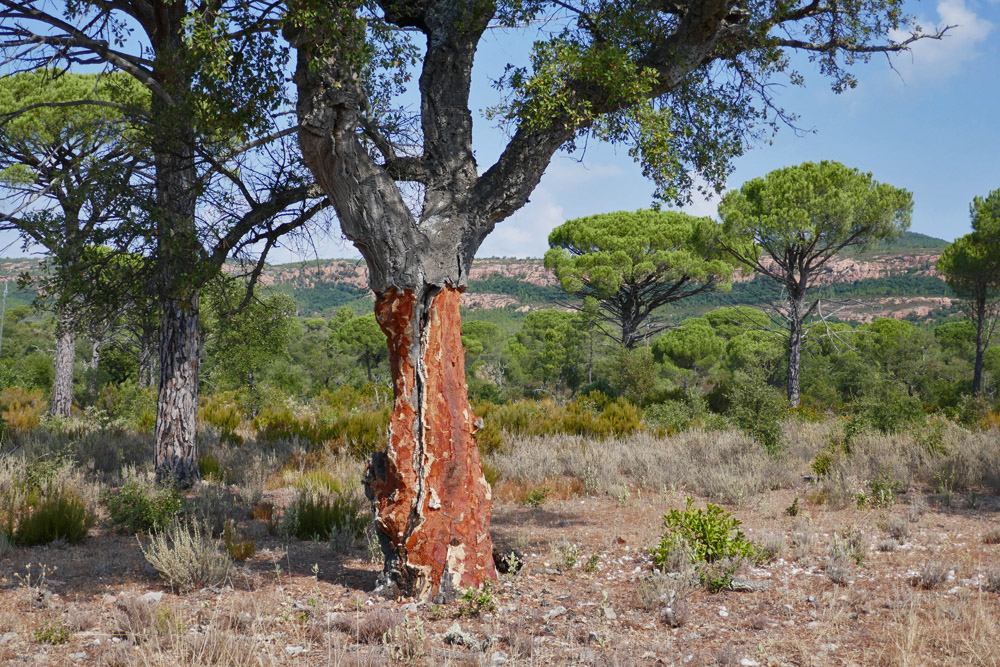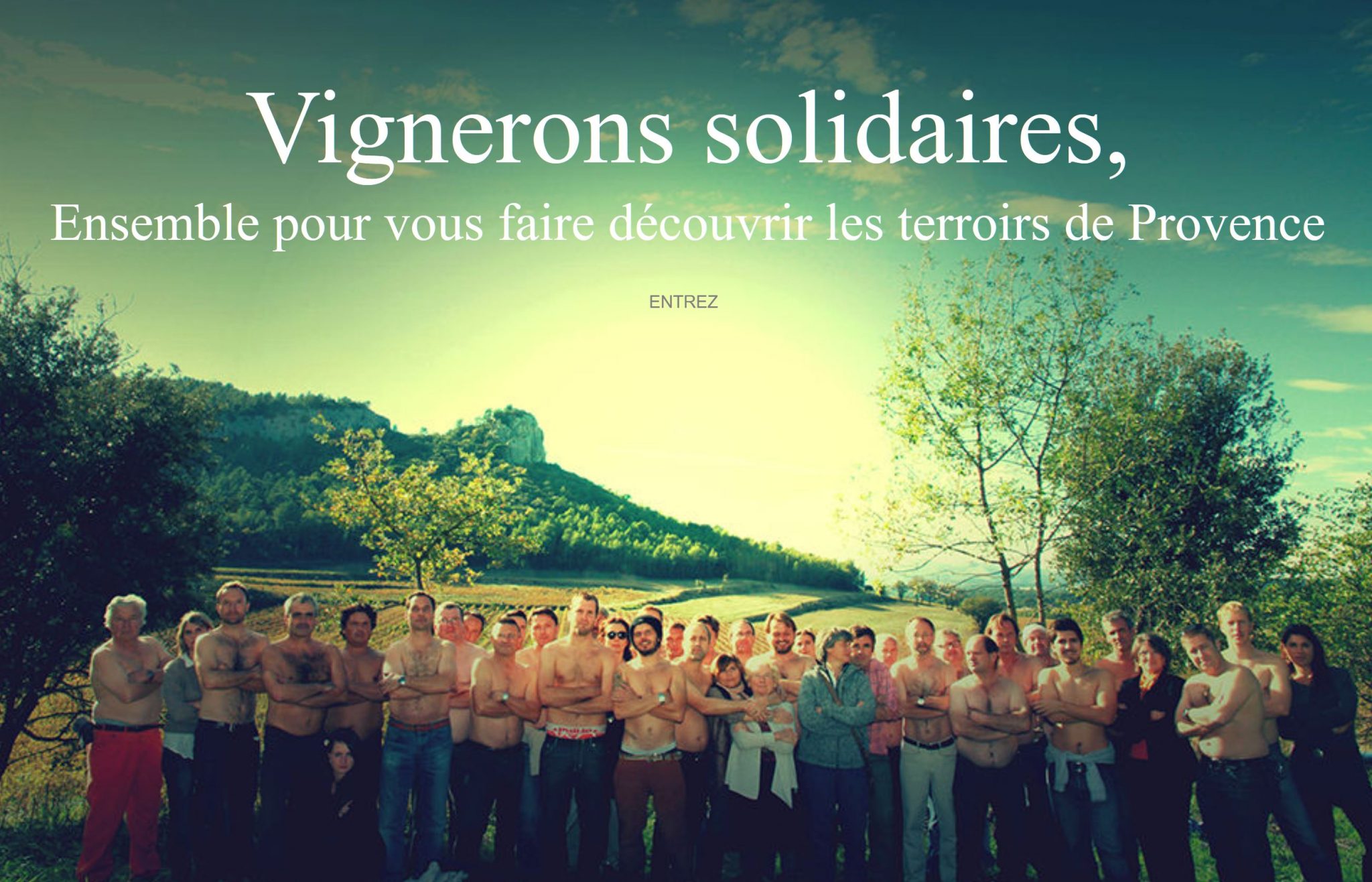News from the Provencal wine world so you can keep up to date with what’s happening:
- Today, 200,000 tonnes of cork bark are harvested per year for wine corks where the big giant is Portugal. In a hundred years, France’s production has shrunk from 10,000 tonnes to only 1,500 tonnes, but now it will “soon” increase!
The well-known cork manufacturer DIAM, which has a process that guarantees that the wines will not be damaged by cork (“corked wine”), planted in November 2020 in Provence 3,252 cork oaks on an area of 6 hectares. This is to get a more long-term sustainable production. Planting took place in the department of Var near the cities of Hyères, Vidauban, Ramatuelle and La Londe les Maures.
After planting, you will have to wait, the first harvest of the bark can take place after about 30 years, but only after 50 years does it have such a quality that it can be used for wine corks!
Source: diam-closures.com

This year, the magazine La Revue du Vin de France awards its honorary prize “Coup de Cœur” to the association Rouge Provence. The association is a group of 34 wine producers in Provence who have two goals, partly to promote red wines in competition with the rosé wine and partly to help each other in solidarity when a member has been affected by exceptional weather conditions.
An example of the latter, and which triggered the start of the association, was the seven minute hailstorm that hit Château Roquefort in July 2012 and which only left 15 kg of grapes! On such occasions, the other members contribute grapes to the concerned wine producer. They also produce some magnum bottles produced from grapes from the 34 vineyards, talk about cuvée, and the surplus goes to their solidarity fund.
Source: www.rougeprovence.fr

For the first time since its introduction in 2008, the “winter rosé wine” “Grain de Glace” could this year be bought in supermarkets in France, the reason being spelled Covid-19. The idea behind the wine is that rosé wine today is not only consumed in the summer, so the wine producers on the Saint-Tropez peninsula developed this special cuvée in 2008, which was only sold at winter sports resorts, restaurants and cavistes. But this year they had to give it up and sell the wine in a larger circle and even export it to Europe and the United States.
Then you can wonder if this wine is something to look for. Vinification, bottling and distribution takes place in just three months, i.e. long before the more serious rosé wine producers, for example Domaine Gavoty, have bottled their rosé wines, which takes place in March or April i.e. at a time when most of the ” Grain de Glace ” has already been consumed!
Source: La Revue du Vin de France